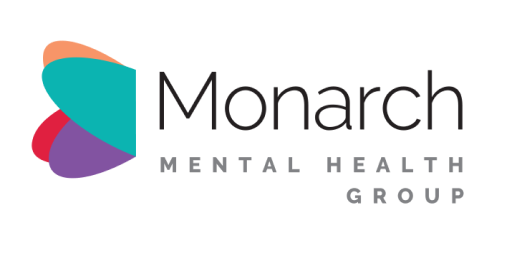Monarch Research Institute - Research Papers
At Monarch Mental Health Group, we are proud to be backed by the latest research. Not only are we determined to keep innovating to find the best possible outcomes for all Australians, we are proud to be at the forefront of the latest mental health treatments and we are determined to help everyone recover from mental health conditions faster.
Highlight Research Papers since 2022
- Accelerated Repetitive Transcranial Magnetic Stimulation to Treat Major Depression: The Past, Present, and Future
- Analgesic efficacy of theta-burst stimulation for postoperative pain
- Concurrent Transcranial Magnetic Stimulation and Electroencephalography Measures are Associated with Antidepressant Response from rTMS Treatment for Depression
- The evidence is in Repetitive transcranial magnetic stimulation is an effective, safe and well-tolerated treatment for patients with major depressive disorder
- Transcranial Stimulation and the Pain Experience'
Other Selected TMS Research Papers since 2022
- Research Papers about Attention
- Research Papers about Alcohol Dependency
- Research Papers about Alzheimer's
- Research Papers about Autism
- Research Papers about Depression
- Research Papers about Huntington's Disease
- Research Papers about Mental Health
- Research Papers about OCD
- Research Papers about Pain
- Research Papers about Schizophrenia
- Research Papers about TMS protocol
- Other Research Papers
Research Papers about Attention
Experienced Meditators Show Multifaceted Attention-Related Differences in Neural Activity
Research Papers about Alcohol Dependency
Research Papers about Alzheimer's
Investigating neurophysiological markers of symptom severity in Alzheimer’s disease
Non-invasive brain stimulation treatments for Alzheimer’s disease
Research Papers about Autism
Research Papers about Depression
Alterations in EEG functional connectivity in individuals with depression: A systematic review
Altered brain activity in unipolar depression unveiled using connectomics
Does switching between high frequency rTMS and theta burst stimulation improve depression outcomes?
Localization and Targeting of rTMS Treatment of Depression
RTMS Treatment for Depression: A Practical Guide
The history of TMS and rTMS treatment of depression
The Use of Deep Transcranial Magnetic Stimulation in Depression
Research Papers about Huntington's Disease
Research Papers about OCD
A pilot study of fMRI targeted rTMS for obsessive compulsive disorder
Research Papers about Mental Health
Research Papers about Pain
Analgesic efficacy of theta-burst stimulation for postoperative pain
Research Papers about Schizophrenia
Research Papers about TMS protocols
Accelerated and Intensive rTMS Treatment Protocols
Clinical Indications and Patient Selection
Digitalized transcranial electrical stimulation: A consensus statement
Equipment and rTMS Program Setup
Meditators probably show increased behaviour-monitoring related neural activity
rTMS Associated Adverse Events, Safety and Monitoring
Switching, Continuing, or Ending Treatment
Systems and methods for monitoring neural activity
Treatment Intensity, the Resting Motor Threshold and rTMS Treatment Dosing
